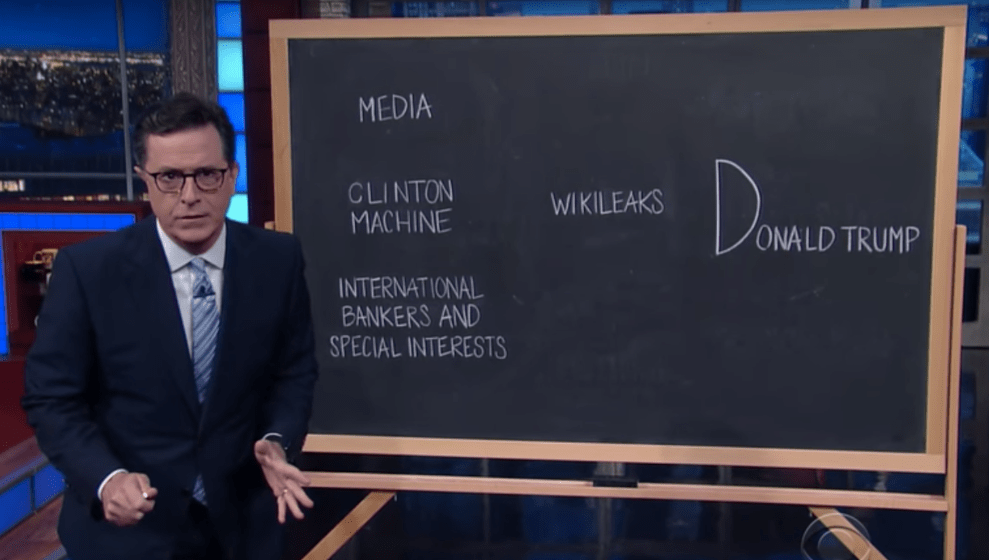At the beginning of 1989, New York real estate mogul Donald Trump had just completed a wave of high-profile hotel and casino purchases: He’d recently snagged the Plaza hotel in New York for the highest price paid for a hotel in US history, and he’d purchased his third and final Atlantic City casino, the Taj Mahal.
The mogul sat down for an interview with CNN’s Larry King in April to talk about his business. King asked Trump if he had plans to expand beyond his East Coast properties, and Trump replied that he did have California real estate.
But then Trump apparently could not take it any more and asked King if he could move his chair “because your breath is very bad. It really is.” Without pausing for a response, he continued, “Has this ever been told to you before?” King said no and attempted to turn Trump’s accusation into part of the interview. “So this is how you get the edge,” King said, “you threw me right then, and no one has ever told me that.”
Trump persisted, “Has nobody told you that? Sharon hasn’t said it? You’re kidding.” King said his wife had never mentioned this and Trump replied, “Okay. Your breath is great.”
In a 2010 interview on King’s CNN show, Trump recalled the moment. “I took heat the next day,” he said. Trump also told King that his breath wasn’t actually bad that day—Trump had just made the comment in response to an earlier question from King about Trump’s strategies for catching people off guard in his business dealings. By commenting on King’s breath, Trump said, he was merely illustrating the point. “And you even were offended by it,” Trump said to King “and you forgot the first part of your question.” King had, according to Trump, indeed been caught off guard.
For his part, King told Playboy in a 1990 interview that Trump’s shock tactic didn’t work on him. “The first question I asked Trump was, ‘Is there a method to getting an edge in negotiations that you could relate to us? And he said, ‘Larry, you have bad breath,'” King recalled. “He made a very good point: Shock ’em. But it didn’t work.”
But one way or another, the moment seemed to have made an impression: In 2011, King and his wife, Shawn, starred in a series of TV commercials for BreathGemz, mints that “are powerful, dual action capsules,” King says, that give him “the confidence to be close to anyone.”
Even Donald Trump.













